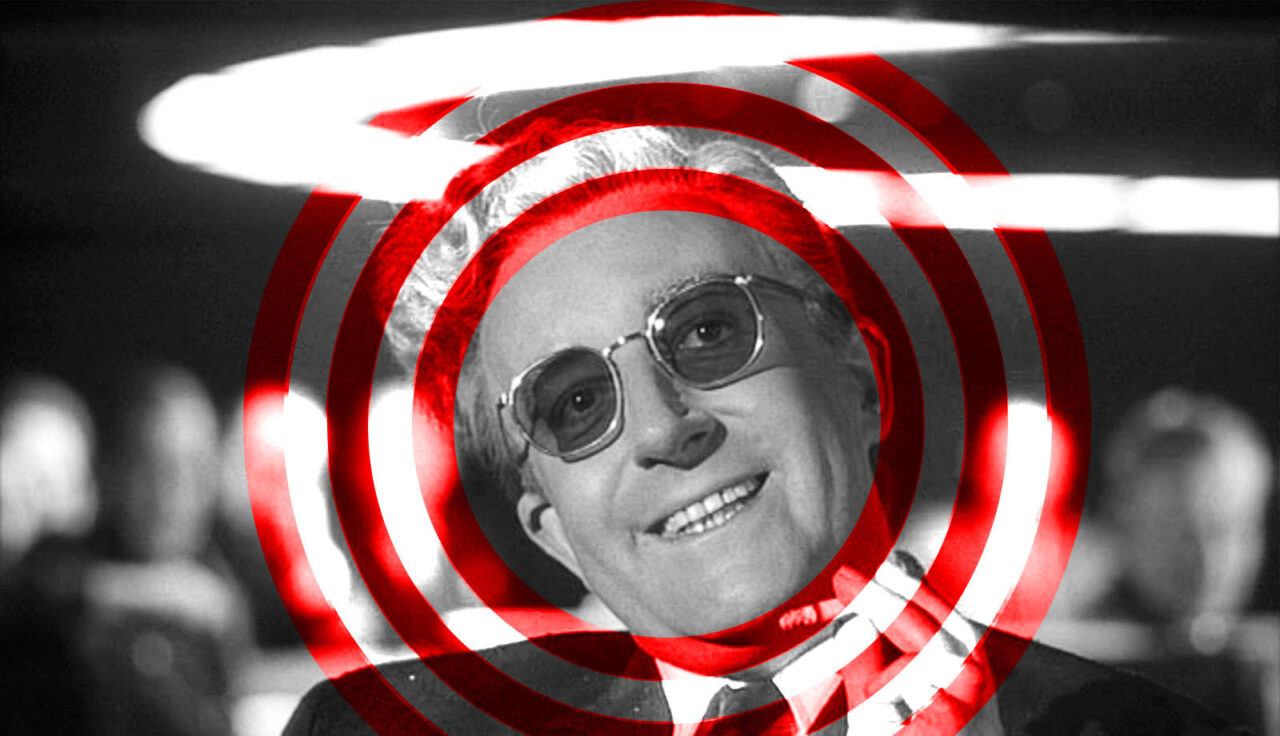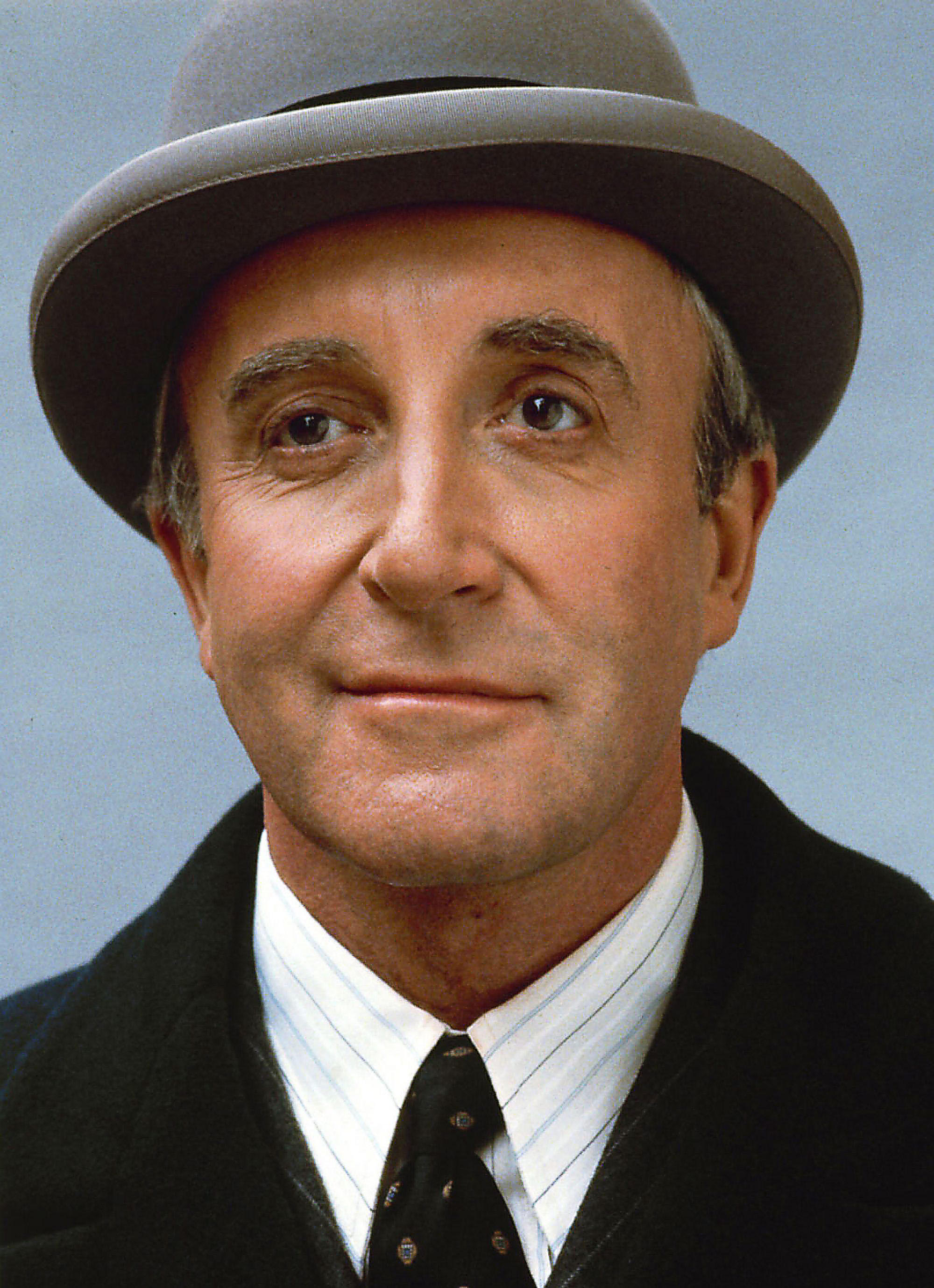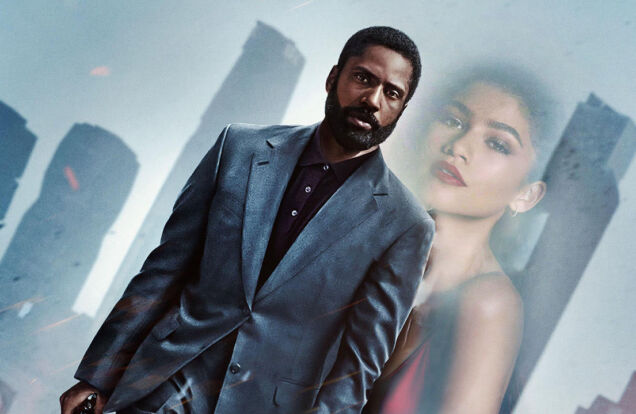PETER SELLERSDOUBLE FEATURE
Dr. Strangelove + Being There


Imagine you are an up and coming film director. You’ve got a critically acclaimed movie under your belt and are bombarded with offers. Now, a world-famous actor is asking you to direct his next picture. It’s a dream come true, right? Not so much, at least for Peter Medak. When Peter Sellers asked the young director to helm his next feature, Ghost in the Noonday Sun, Medak jumped. Even though Sellers had a reputation for being difficult on set, he was still a megastar. Things didn’t go well and the movie never made it to the screen. It was due to Sellers, who from the first “action” went out of his way to sink the production. Now streaming on Amazon Prime, The Ghost of Peter Sellers documents the making, or in this case, the unmaking of The Ghost of the Noonday Sun. It also offers a unique look at Sellers from the perspective of the director whose career he nearly destroyed.
One needn’t look further than Stanley Kubrick’s satirical masterpiece Dr. Strangelove Or, How I Learned to Stop Worrying and Love the Bomb, to witness the depth and range of Sellers’ genius. He plays three different characters — the titular role of Strangelove, a demented Nazi scientist whose right hand has a mind of its own, the dull, humorless president of the United States and a peppy Royal Air Force captain. They get equal screen time and are so distinct from one another that it’s easy to forget they’re all played by the same actor, even when two share a scene. His performance is a tour de force, as is the film, which holds up over fifty years since its release in 1964.
Being There, a 1979 film based on a novel by Jerzy Kozinsky and directed by the brilliant, criminally underrated auteur Hal Ashby, is a quiet, unique movie that would be Sellers’ penultimate film before his death in 1980. Sellers plays Chauncy Gardener, living a sheltered life and watching a lot of television. He carries a remote control that he thinks can change the station in real life — and ends up a presidential advisor (a man in the White House with absolutely no political experience? How far-fetched!). Sellers’ performance is a masterclass in character and control and the film’s final scene is regarded as one of the greatest cinematic endings.


